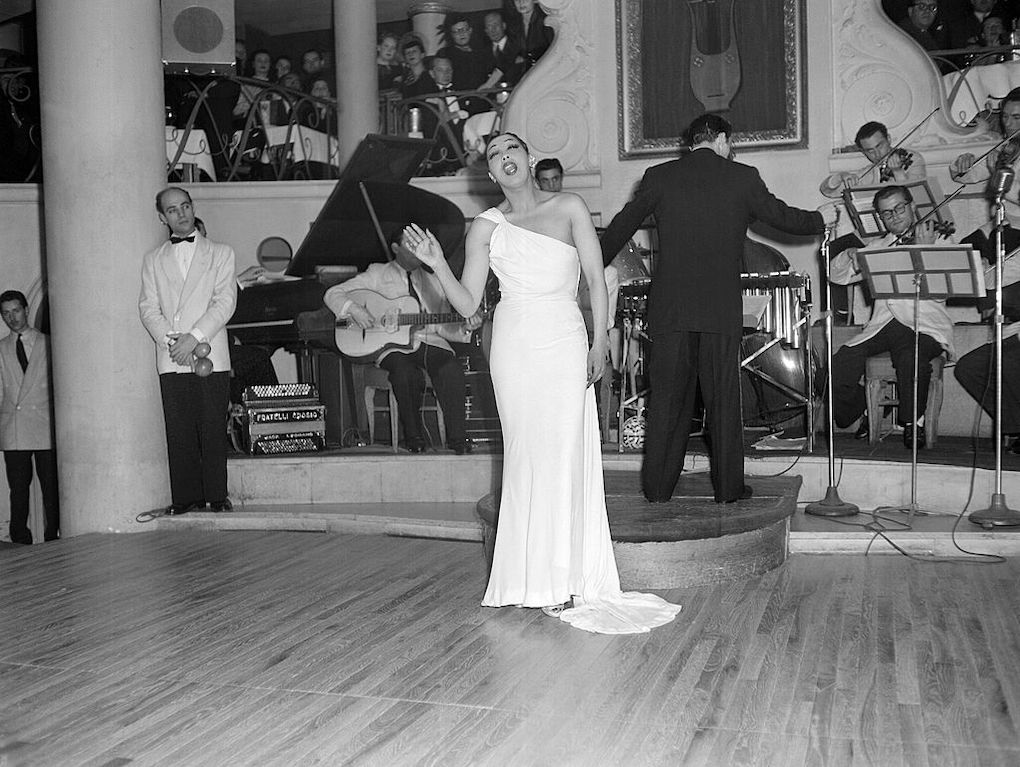African-American artist and Civil Rights activist Josephine Baker will become the first Black woman to have her remains buried in the Paris Pantheón memorial for French icons.
The French government is paying homage to Baker’s important role during World War II, when she served as a spy for the French Resistance against the German occupation in France.
Josephine Baker, who died in 1975 at age 68, is also the sixth woman to be buried in the monument, which is the burial ground of some 80 other historic French figures, including Marie Curie and Victor Hugo.
This is the result of a campaign led by Baker’s family to have her name in the Pantheón since 2013. They gathered around 38,000 signatures on a petition, which was well beyond the necessary requirement to secure the approval of French President Emmanuel Macron.
Her remains are currently buried in Monaco, but they will be placed along with a tribute plaque in the Pantheón’s main entrance of the mausoleum on Nov. 30.
French minister Agnès Pannier-Runacher said in a statement on social media that Baker was “a great lady who loved France.”
Born Freda Josephine McDonald in St. Louis in 1906, Baker gained notoriety in Europe during a tour as an erotic dancer in France in the 1920s and 1930s, when she coined Danse Sauvage as her trademark.
In 1927, she became the first Black woman— a title she held in many ways— to star in a mainstream film, “Siren of the Tropics” (“La Sirène des Tropiques“)
The so-called “Black Venus” and “Creole Goddess” gained French citizenship in 1937 after marrying her third husband, French industrialist Jean Lion.
As Baker joined the Paris elite, she used her connections to gather information about German troops, keeping those notes hidden with invisible ink written over her own scores.
For her bravery, she was honored with two wartime distinctions for her contributions to French intelligence, and she was named Chevalier of the Légion d’honneur, the country’s highest order of merit for military and civilians, by General Charles de Gaulle.
However, Baker’s activism was not restricted to Europe.
She also championed the US Civil Rights movement of the 1950s, despite her status as a French expatriate.
She also became involved with the NAACP and would speak out in the South for African-American rights, being one of the few women speakers at the March on Washington in 1963, alongside Rev. Martin Luther King Jr.
When Baker died in 1975, she became the first and only woman born in the United States to receive French military honors at her funeral. Now, she will be the first Black woman to be buried at the Pantheón In Paris





